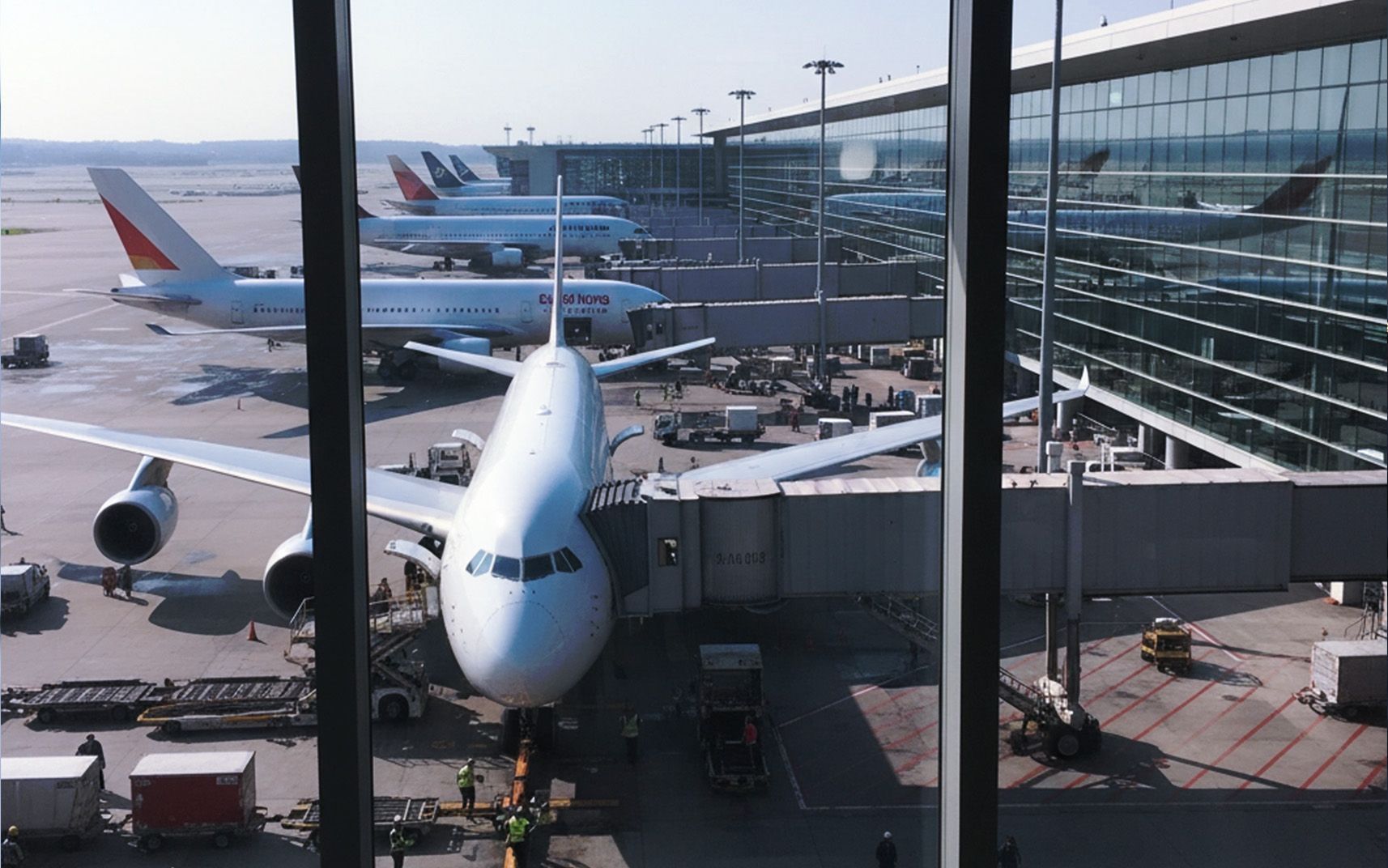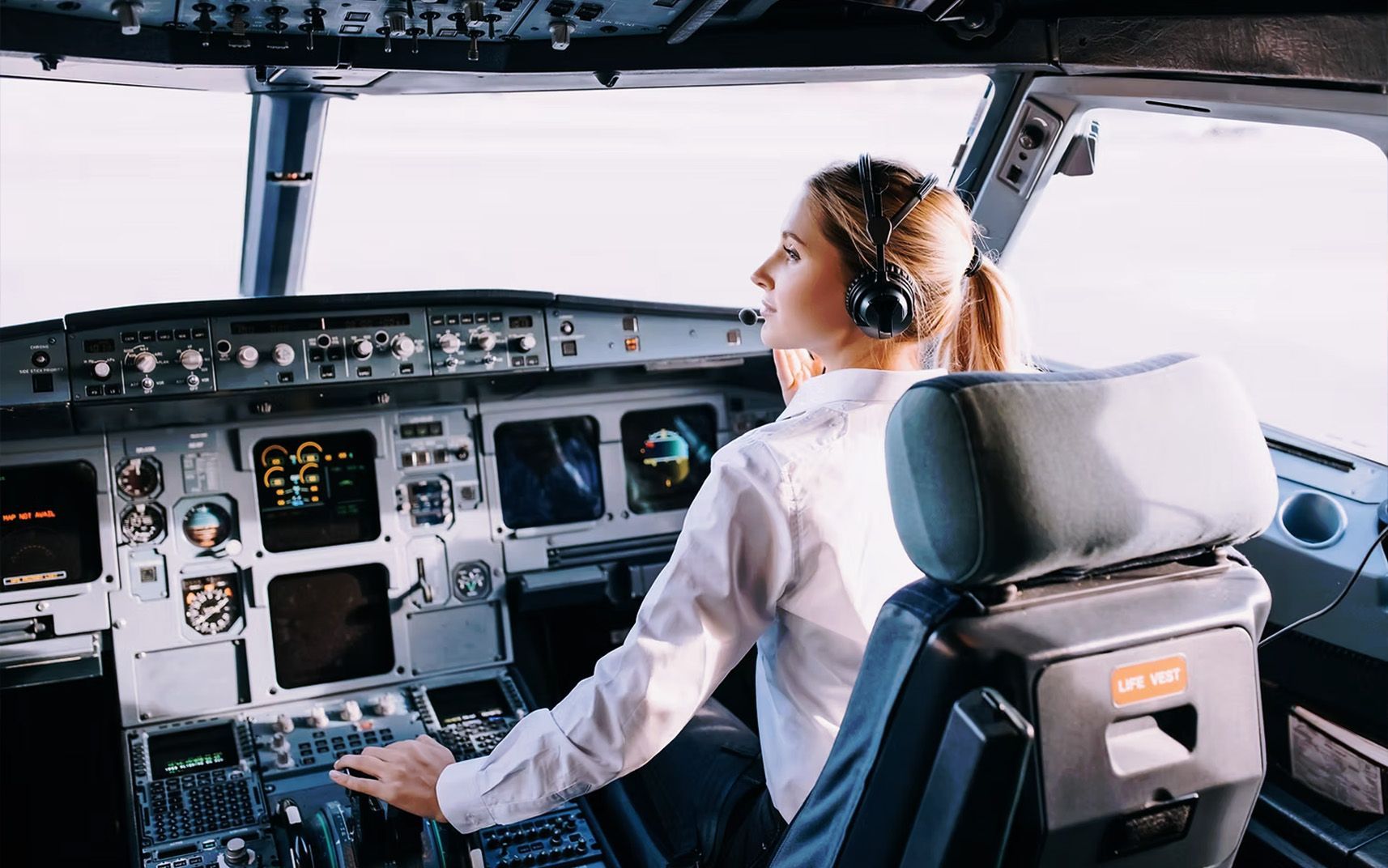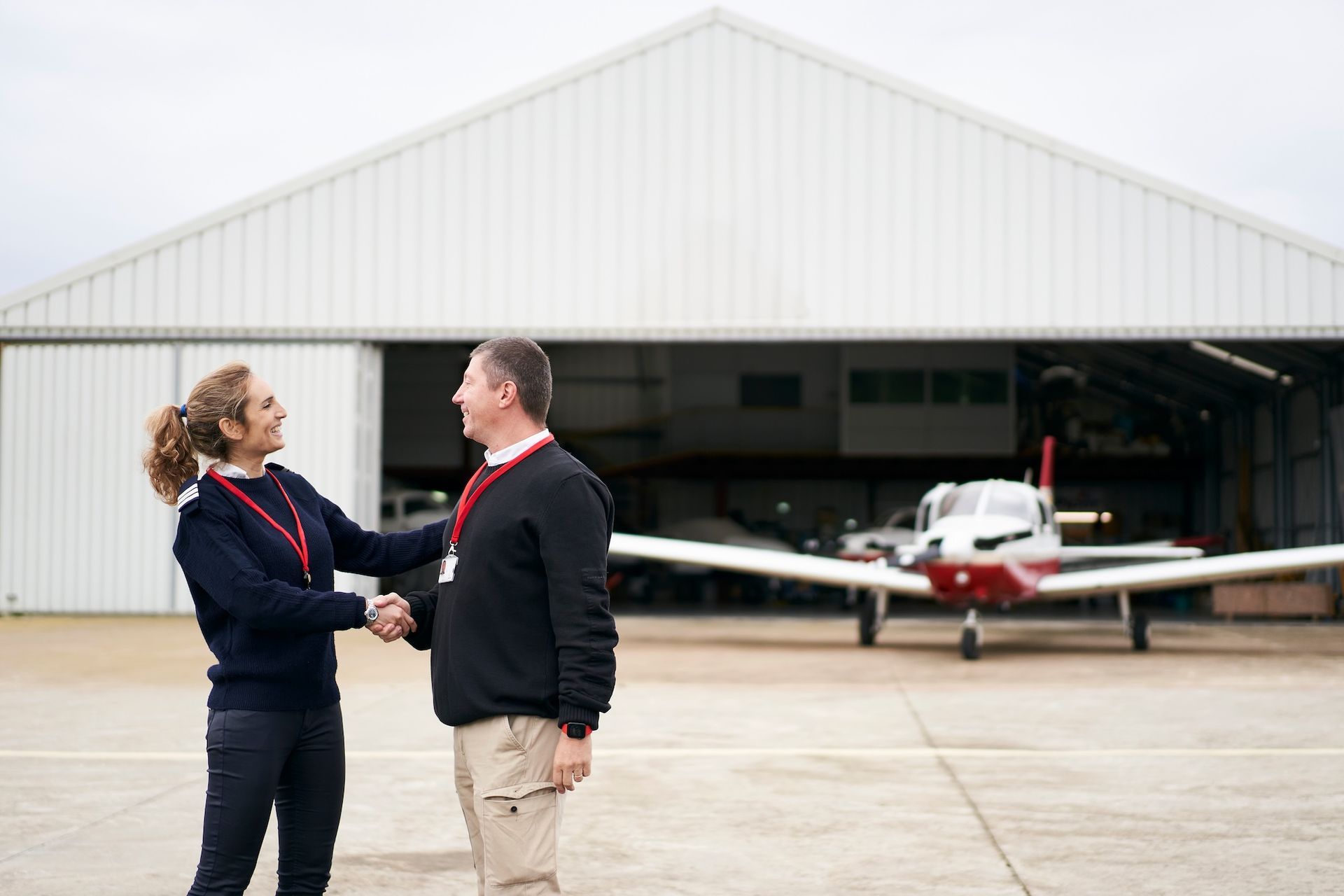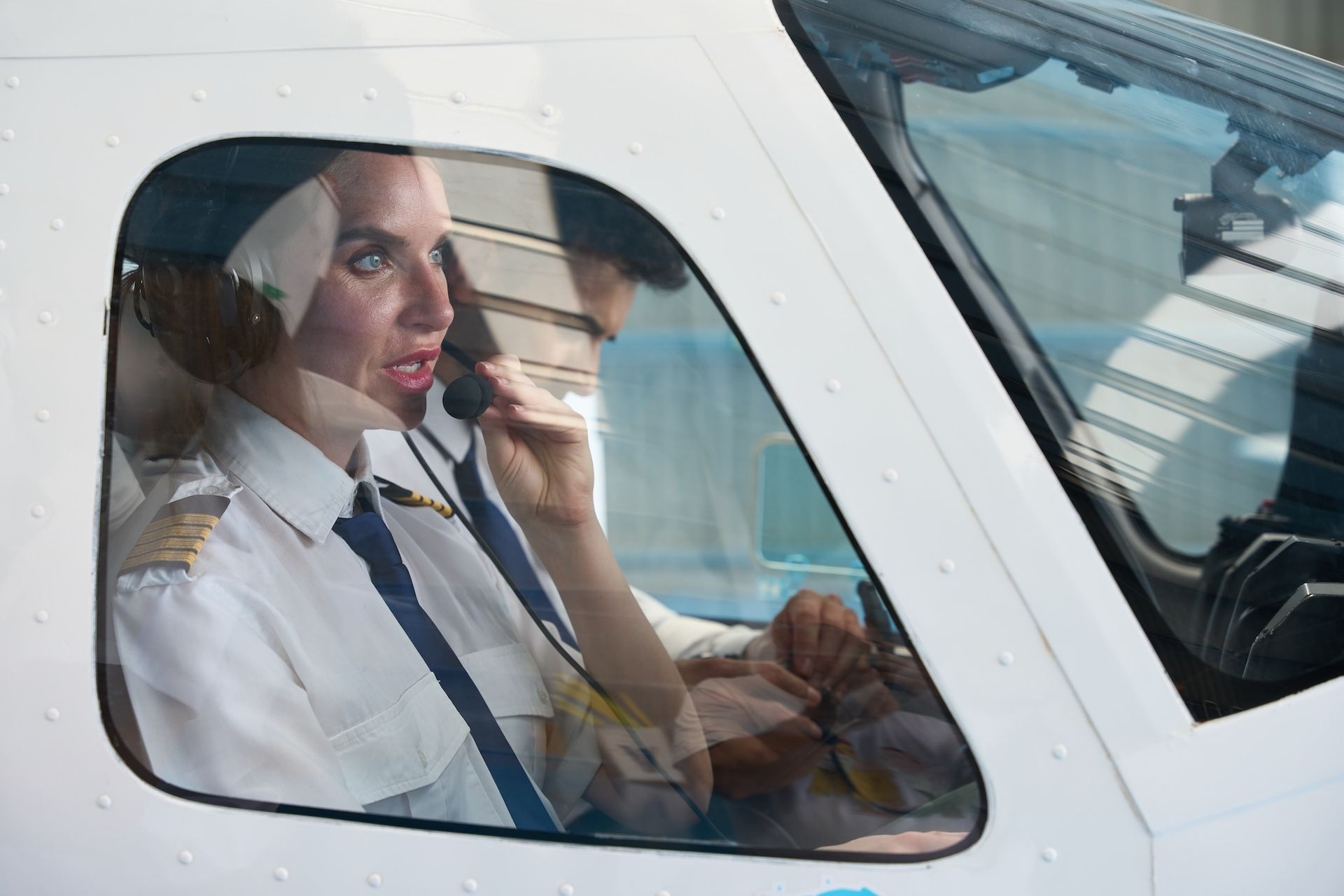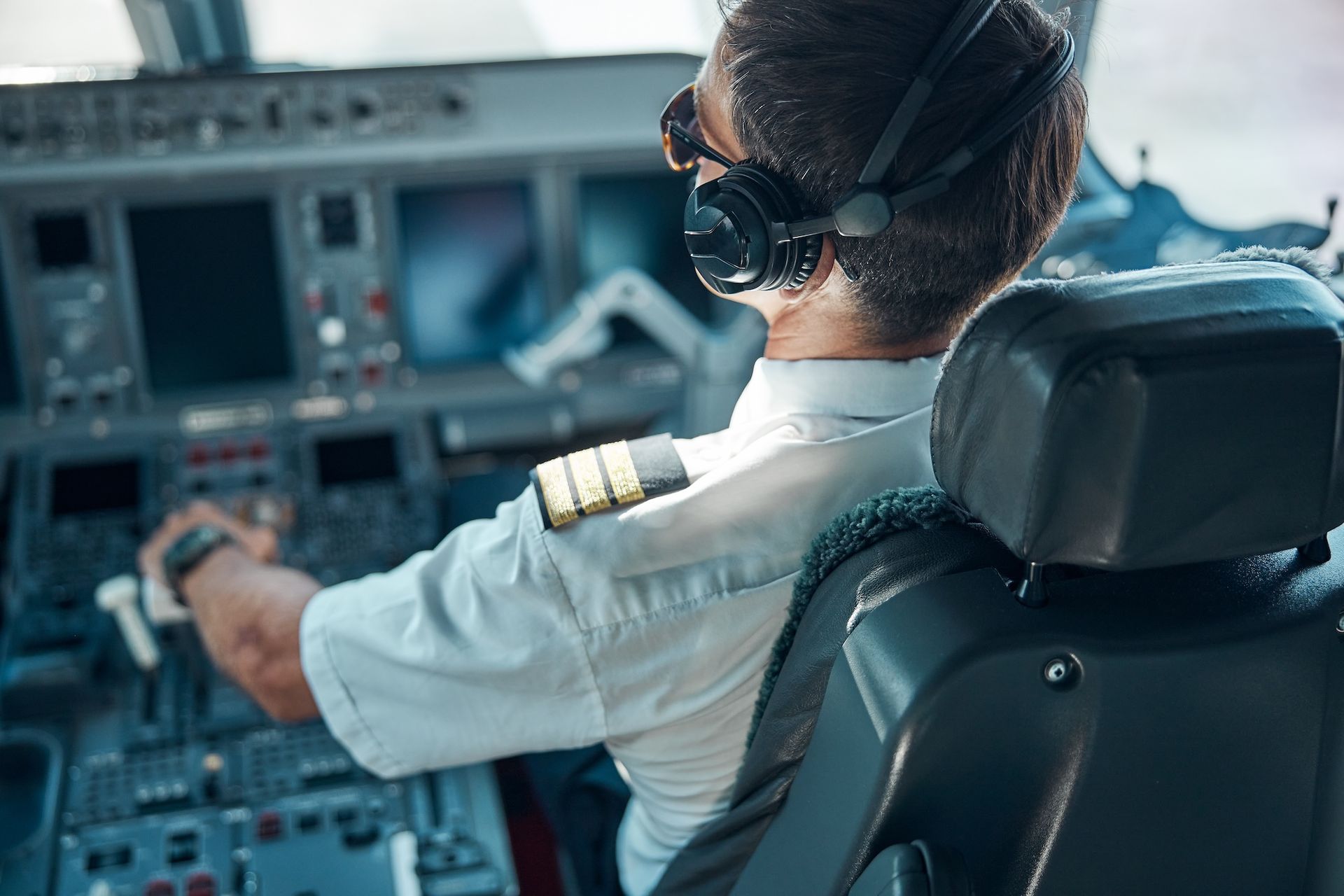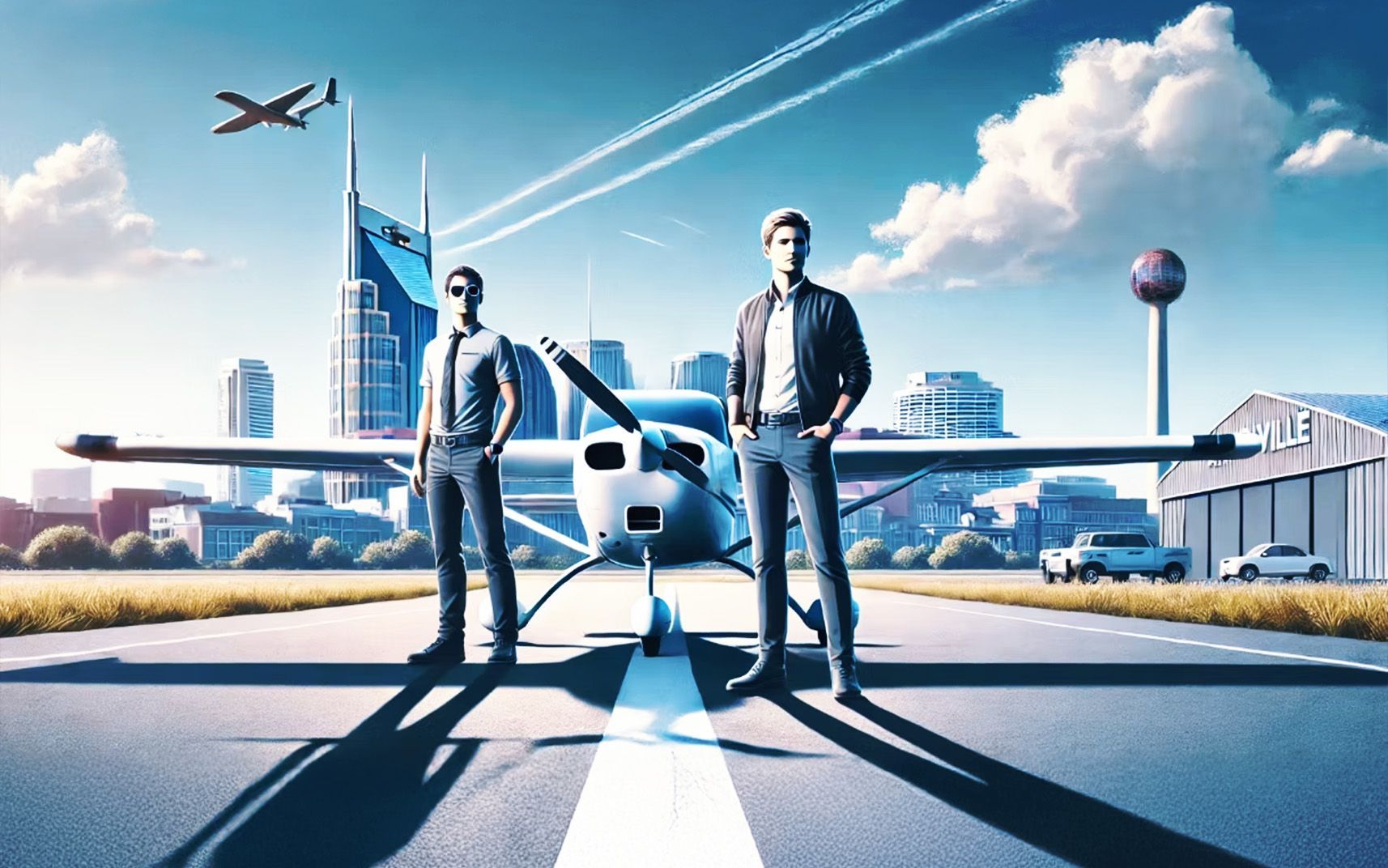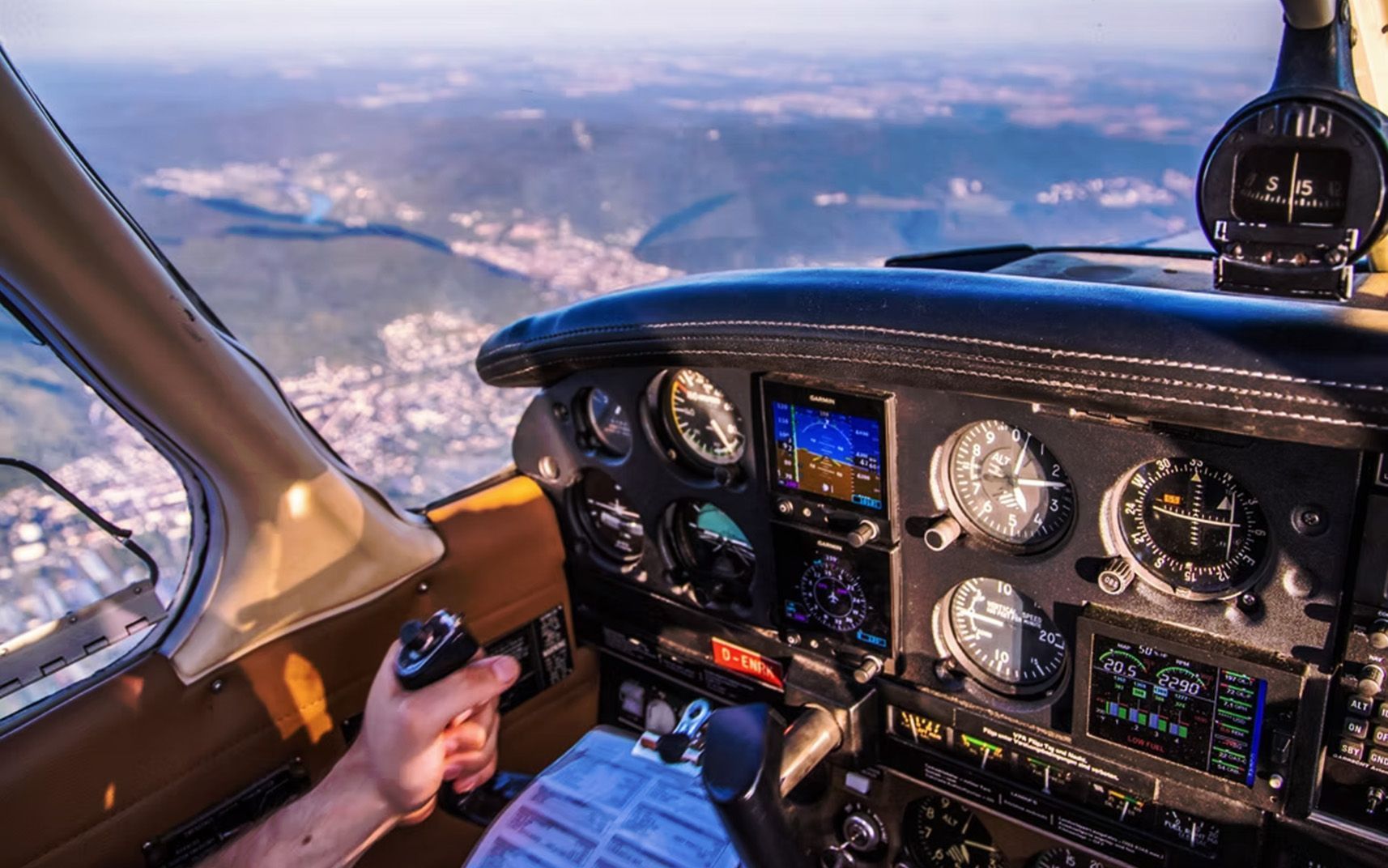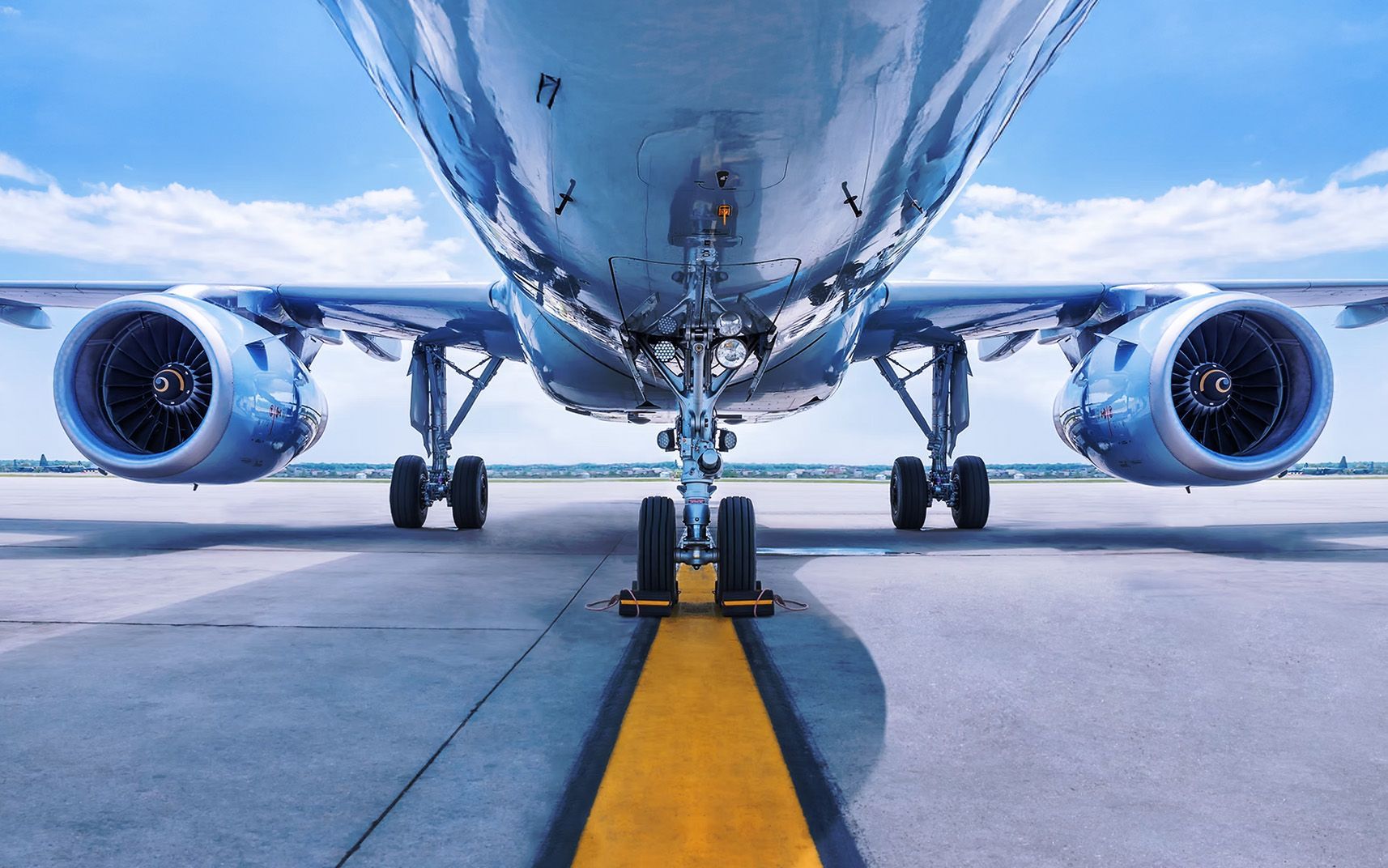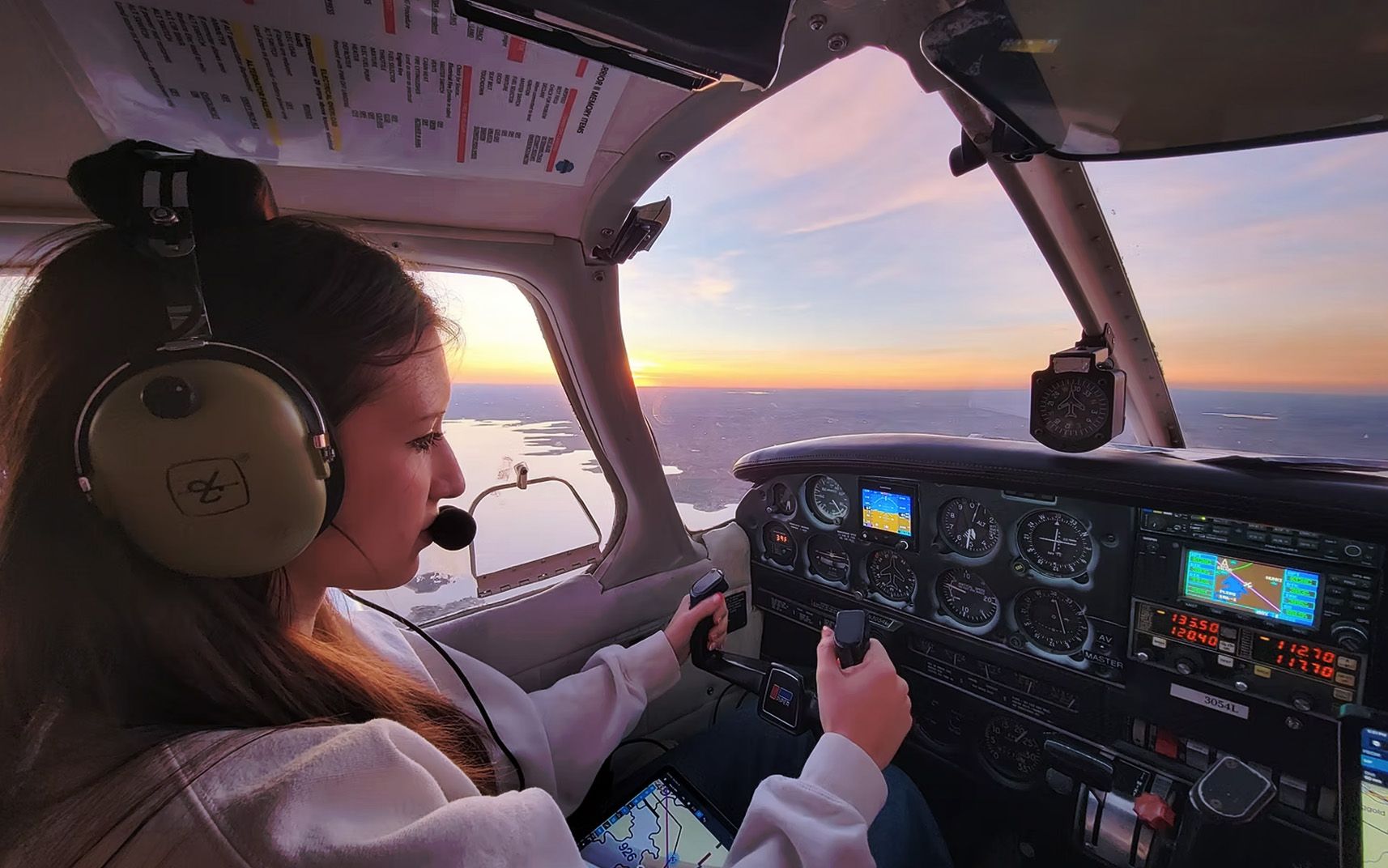What’s It Like Being a Young Pilot?
Share this article
Imagine being 16, and while your friends are learning to drive, you are learning to fly. For some teenagers, being a pilot isn't a dream - it's a reality. Getting into a youth flight school or a youth pilot program may seem hard, but it's as easy as finding the right flight school.
The Thrill of Being a Young Pilot
Starting flight training as a teenager is an exhilarating experience. The first time you take the controls, you feel a surge of excitement mixed with a bit of nervousness. Nothing quite compares to the moment when you realize you are actually flying.
Being in command of an aircraft gives you a sense of control as you navigate something so powerful in the open sky. This isn’t just a casual hobby; it’s a remarkable achievement at a young age.
Earning your private pilot's license as a teenager requires dedication. Juggling school, friends, and flying lessons can be difficult. When you get your pilot's license, all the effort you put into it pays off significantly.
Juggling School and Flight Training
One of the biggest challenges for a young pilot is managing time effectively. You’re balancing school, extracurricular activities, and now, learning to fly a plane. A lot to handle, but with the right support from flight schools experienced in training young pilots, it becomes manageable.
Flight training sessions typically occur once or twice a week. This schedule means you’ll need to keep up with your schoolwork while also dedicating time to your training. Challenging, but it teaches you valuable skills in maintaining focus.
The reward? By the time you are 17, you could be flying to destinations many people only dream of reaching.
Maturing Through Flight
Learning to fly at a young age does more than just teach you how to navigate the skies; it helps shape your character. You learn to make fast choices, stay calm in tough situations, and take responsibility for yourself and others who may be flying with you.
These are not just flying skills—they are life skills. The lessons you learn as a young pilot will always be useful, no matter if you keep flying or choose another job. They will influence how you handle challenges and seize opportunities throughout your life.
Beyond the License: The Next Steps
Earning your private pilot's license as a teenager is just the beginning of your journey. Young pilots are usually ready for an aviation career, like working for commercial airlines. Others might continue flying as a beloved hobby, sharing the experience with friends and family on weekend adventures.
No matter what direction you take, having a pilot's license opens new possibilities. It offers a unique perspective on the world, whether for leisure, travel, or even a future career. The opportunities are vast.
Navigating Challenges and Reaping Rewards
Flight training is demanding—it requires time, energy, and persistence. You will face challenges, such as navigating bad weather, mastering new skills, or staying on track with your training plan.
But these challenges are what make the experience so rewarding. Overcoming them builds confidence and proves to yourself what you’re capable of achieving. When you finally pass your flight test and earn your license, the sense of accomplishment is immense. A moment that makes all the hard work worthwhile.
Joining a Unique Community
One of the most rewarding aspects of being a young pilot is becoming part of a unique community. You’ll connect with other pilots—both young and seasoned—who share your passion for aviation.
Flying isn’t something everyone does, especially at a young age. When you meet others who are on the same journey, it creates a special bond. You’re joining a group that understands the highs and lows of flying, and that shared experience is something truly special.
The Journey of a Lifetime
Becoming a pilot as a teenager is an extraordinary journey, filled with challenges, excitement, and endless opportunities. Getting your private pilot's license is a significant achievement, whether you want to fly for work or just for fun. This is an achievement you will always be proud of.
Being a young pilot changes you in important ways. It makes you more confident and responsible. It also gives you a different view of the world.
If you’re thinking about taking to the skies, don’t hesitate. The adventure is not only worth it—it’s life-changing.
Recent Posts
